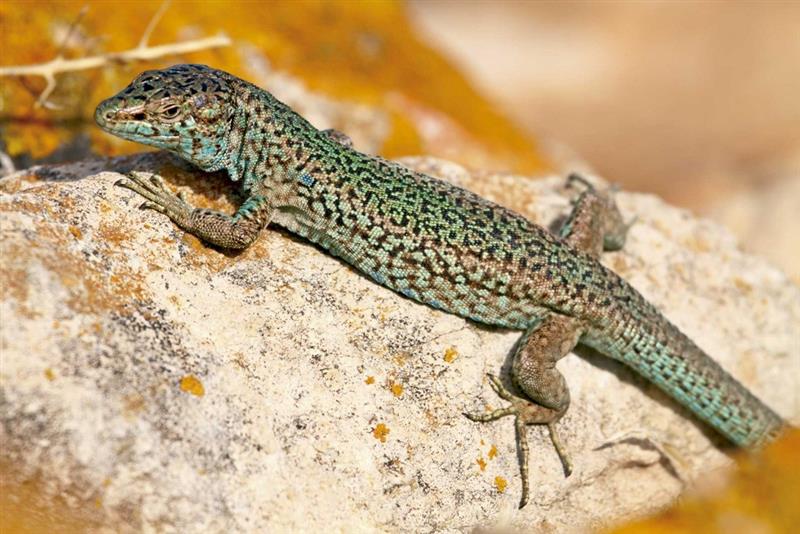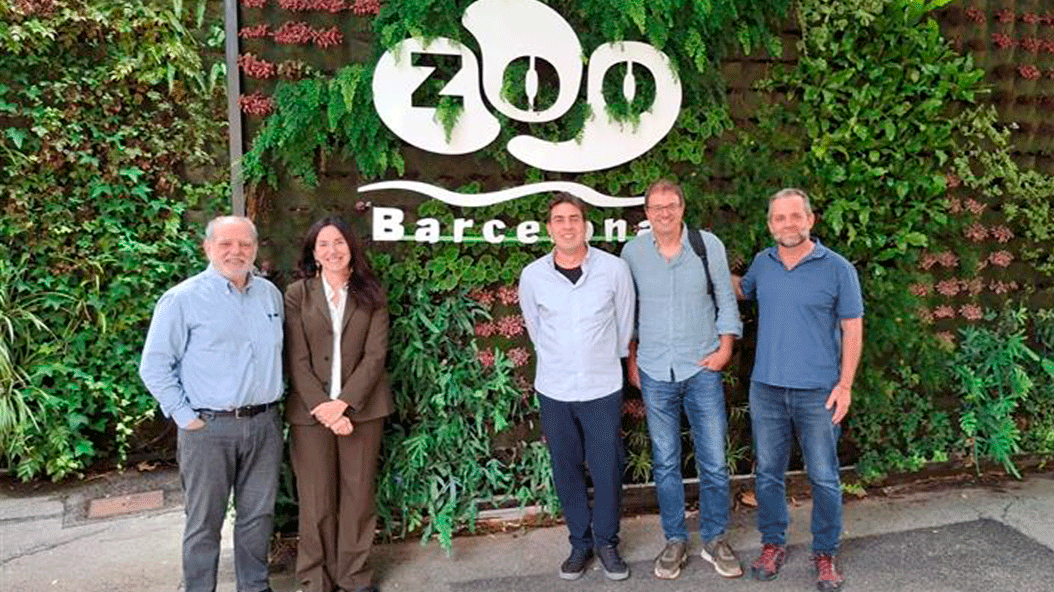Zoo de Barcelona and the Ministry of Agriculture, Fishing and the Environment of the Government of the Balearic Islands are taking a further step to protect the Ibiza wall lizard (Podarcis pityusensis), one of the Balearic Islands’ most iconic species, which is seriously endangered.
The two institutions are launching a new stage of the ex situ breeding project launched in June, which will include the ex situ breeding of specimens from the islets of Ibiza, which are particularly threatened by invasive snakes. The decision was taken on Monday in a technical meeting held at the Zoo and strengthens a pioneering strategy that combines conservation, research and direct action in the field.
The pilot project for the ex situ breeding of the Ibiza wall lizard, launched by Zoo de Barcelona and the Government of the Balearic Islands, aims to guarantee the conservation of this endemic species and preserve the biodiversity of the Balearic Islands.
This spring, 17 healthy and genetically diverse individuals were caught (10 from Ibiza and 7 from Formentera) and transferred to the Zoo de Barcelona, to become the first reproductive specimens of the ex situ populations. The first offspring were born in July: 12 lizards from 5 different clutches, with an incubation period of 42 days. This success confirmed the feasibility of the project.

S'Espartar islet lizard (Jordi Serapio)
“The detection of invasive snakes on the islets off the coast of Ibiza poses a serious threat to the Ibiza wall lizard, which has no defence mechanisms against this predator,” said Anna Torres, the director-general of the Environment and Forestry Management. This new scenario has led to the expansion of the project with the goal of preventing the loss of particularly vulnerable populations. This way we can proactively counter a real threat, with the support of a leading institution such as Zoo de Barcelona”.
The director of Zoo de Barcelona, Antoni Alarcon, also welcomed the agreement and reaffirmed “the Zoo’s commitment to managing lizard populations as one of the most important conservation programmes that it is currently working on outside of Catalonia”.



